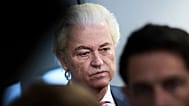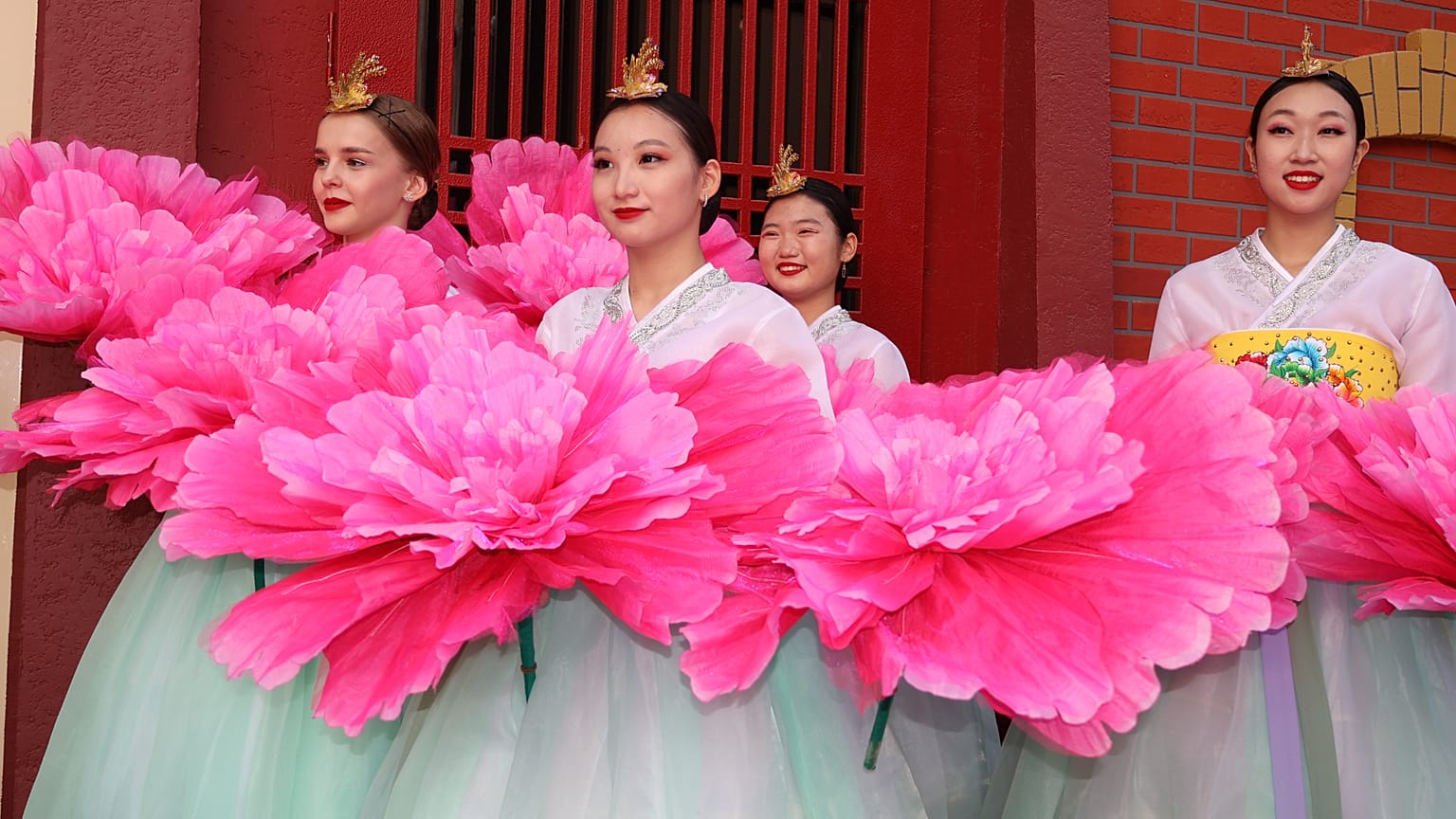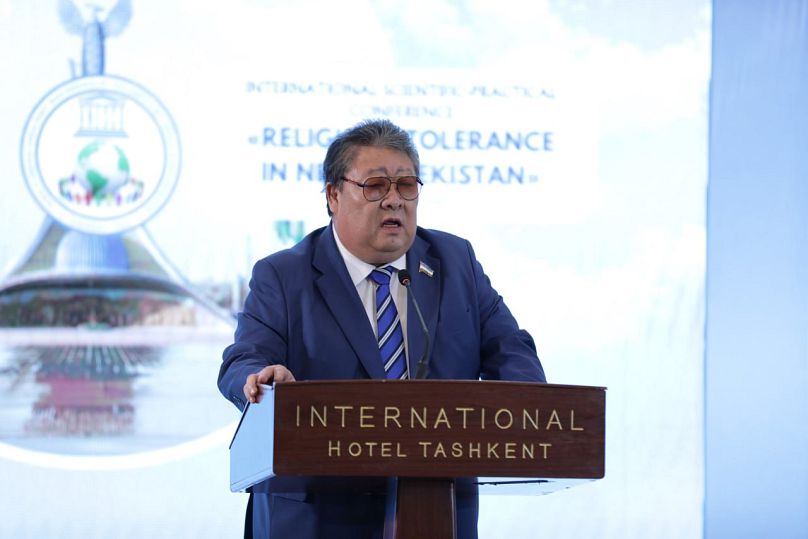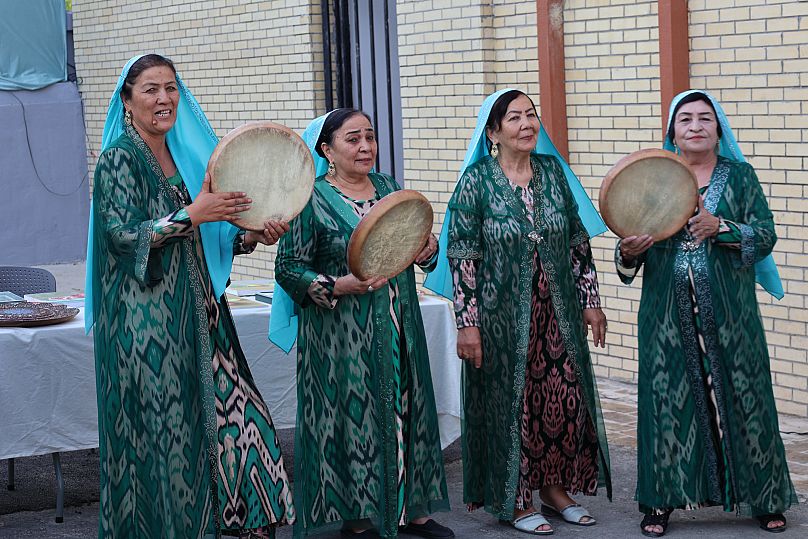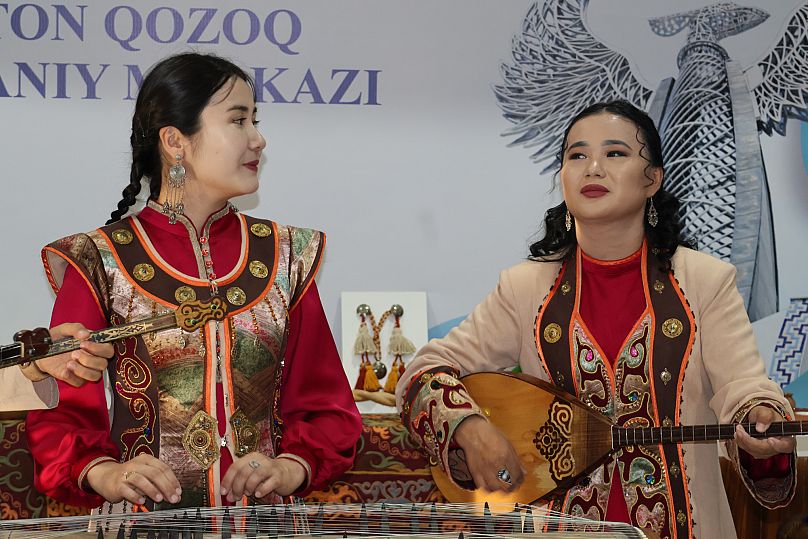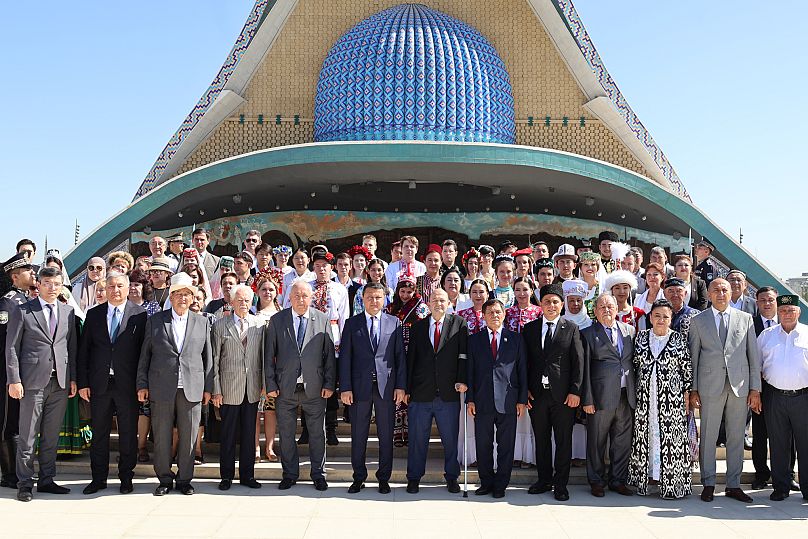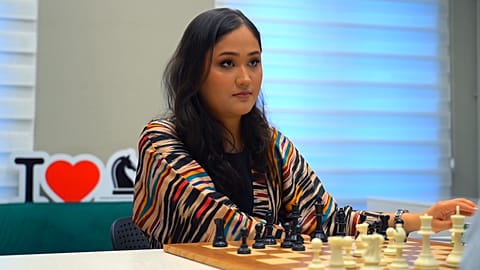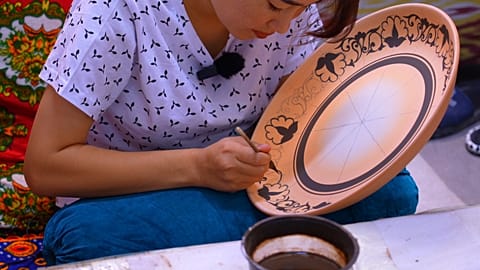The personal story of the Korean Cultural Centres Association in Uzbekistan chairman, Viktor Pak, who was raised by an Uzbek family, is the best example of how the country of around 38 million people tries to unite its diverse population
Viktor Pak, of Korean descent, doesn't remember his parents well — they passed away when he was just two months old. His family story is rooted in a difficult past. In the 1930s, during Stalin's mass deportations, Pak's grandmother was among the tens of thousands of ethnic Koreans forced to leave the Russian Far East. She arrived in Uzbekistan with nothing, hoping only for safety. According to Pak, Koreans continue to express appreciation to the Uzbek people who welcomed them during the forced relocation of 1930.
Raised by an Uzbek family in a modest neighborhood of Tashkent, Pak grew up learning two cultures at once — the Korean heritage of his late grandmother and the Uzbek traditions of the household that raised him.
Decades later, Pak now leads the Korean Cultural Centers Association in Uzbekistan — a role shaped both by personal history and professional interest.
"It's not about choosing one culture over another. It's about finding belonging in both,” he says. “Every year, we celebrate our national holidays and invite everyone to join us. For example, in October, we hold a ‘Harvest Festival’ that features traditional customs, clothing, and dances. Around 4,000 to 5,000 visitors attend this festival in a single day — and they aren’t just ethnic Koreans, but people of all backgrounds. The support we receive from the state makes this possible,” Pak explained.
National cultural centers bring people together
Currently, 157 national cultural centers like this operate across Uzbekistan, with varying degrees of support from the Parliamentary Fund and local governments. These centers aim to promote cultural exchange and community engagement through events, language courses, and artistic performances.
According to government data, nearly 5,000 civil servants from 35 ethnic backgrounds are employed in Uzbekistan’s state civil service. Different nationalities make up 12.7% of the members in the Legislative Chamber of the Oliy Majlis and 11.2% of deputies in local councils.
Avedurdieva Guldana, a member of the Turkmen ethnic group, is one of them. She serves as the Chairwoman of the Turkmen Cultural Center and as a Deputy in the Legislative Chamber.
"Serving in such a role as a representative of the Turkmen people reflects the principles of equality and interethnic harmony in Uzbekistan. Here, every citizen—regardless of ethnicity—can work toward their goals and contribute to the country’s development,” she said.
Celebrating People's Friendship Day
Since 2021, Uzbekistan has observed People's Friendship Day annually on July 30 to highlight the coexistence and cooperation among different ethnic communities. This year’s events were held under the slogan “Uzbekistan — Our Common Homeland.”
One of the new additions to the celebration was the introduction of cultural pavilions, which were set up alongside the activities of existing national cultural centers. These pavilions allowed communities to present their cultural traditions, art, and values more visibly to the public.
"These pavilions showed that ‘Friendship of Peoples’ is not just a phrase — it’s something people can experience. Visitors had the chance to learn about 22 different ethnic groups living together at once,” said Viktor Pak.
Each pavilion featured architectural and cultural elements unique to the community it represented. For example:
- The Belarusian pavilion included a miniature City Hall (Ratusha).
- The Kazakh and Kyrgyz communities showcased traditional yurts.
Visitors could also see examples of clothing, music, handicrafts, and cultural landmarks.
International Dialogue on Unity
As part of the celebrations, an international conference titled “Strengthening National Unity – A Key Pillar of New Uzbekistan’s Development” was held in Tashkent. Participants included experts and delegates from Kazakhstan, Kyrgyzstan, Tajikistan, China, Russia, and the United States.
“These kinds of events are not only helpful for promoting internal harmony, but also for maintaining constructive regional relations,” said Sapa Annaorazov, First Secretary of the Turkmen Embassy in Uzbekistan.
In recognition of individual contributions to interethnic cooperation and social cohesion, 50 citizens were selected to receive the Order of Friendship of Peoples. An award ceremony was scheduled as part of the festival.

